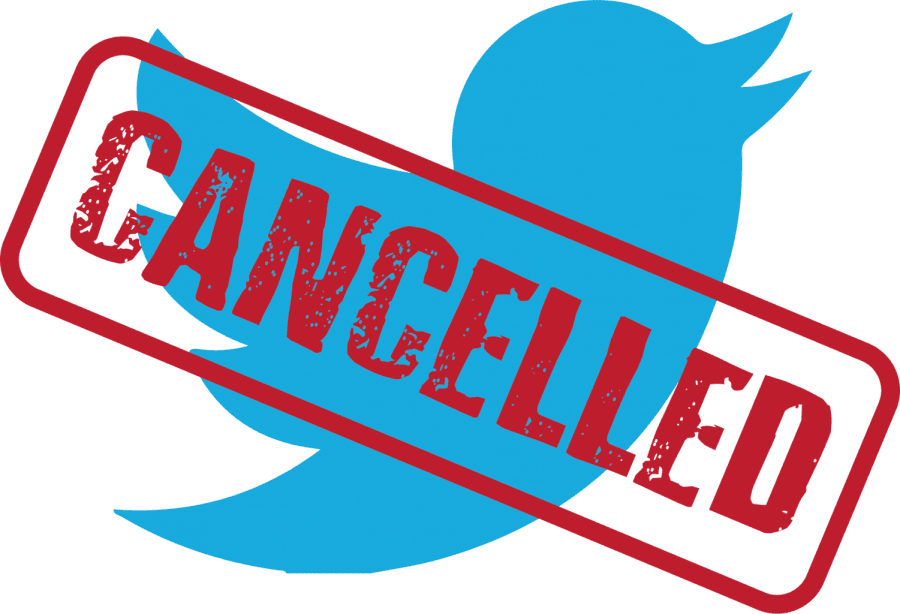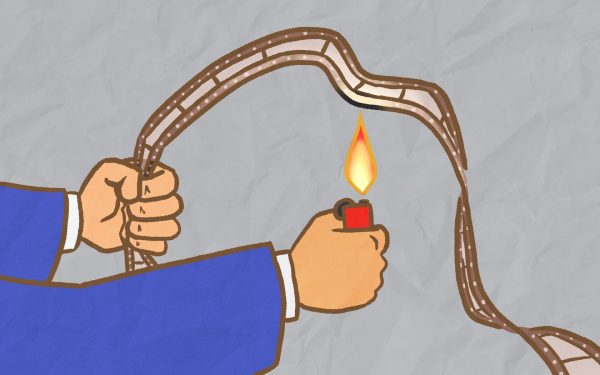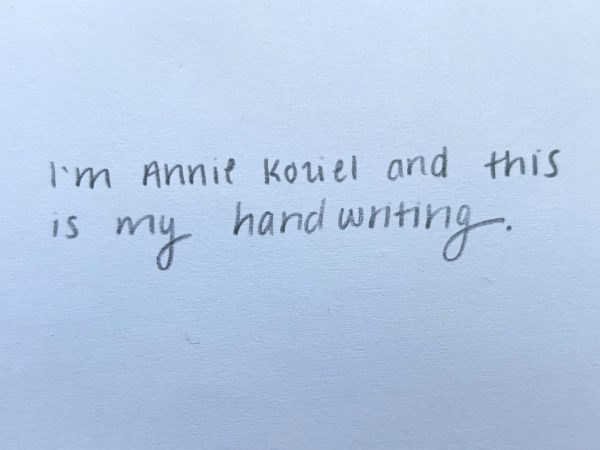OPINION: Shaming people for their views does not address the harm of their perspectives
It’s nearly impossible nowadays to scroll through Twitter and miss who’s fallen prey to the vigorous jaws of cancel culture. Just last week, I was completing my usual routine of waking up in the morning and checking Twitter like the newspaper and I found out that Gina Rodriguez had been canceled—again.
This time, however, she was caught saying the n-word on her Instagram story while attempting to sing along to the Fugees’ “Ready or Not.” In minutes, the video was circulating on Twitter, her name was trailed by backlash, and the memes began to flourish.
Soon after deleting the video from her story, she publicly apologized via the iPhone Notes App—another important trait to the aftermaths of cancel culture. But it meant little to nothing to the Twitter users who had been waiting to drag her name through filth.
Gina Rodriguez is just one of many celebrities who have had their reputation tainted by cancel culture, leaving their PR team scrambling to clean their client’s image. Since the wake of the #MeToo movement, Twitter has become the hotspot for calling out celebrities who have done or said something problematic thus resorting to this idea of “canceling” someone as a means of ending their career.
The word problematic has been defined in many different ways. Issues have ranged from Kevin Hart’s homophobic tweets from 2011 that forced him to step down as the host for the Oscars’ this past February to more legal battles such as Harvey Weinstein who has inarguably been expelled from the film industry for sexually assaulting and harassing many women.
But is ‘canceling’ someone an effective means of addressing the harm that’s been done and preventing more problematic behavior in the future?
It’s a debate that’s beginning to surface on social media platforms as sensitivity towards celebrities and politicians begin to rise. To answer that question, it’s important to look at what cancel culture has —or has not— accomplished.
When Gina Rodriguez got ‘canceled’ last week on Twitter, I pointed out that it wasn’t the first time. She’s been called out before on social media platforms for her anti-Black rhetoric stemming from her desire to see more Latinx representation.
“We’ve called her out before but it’s all temporary,” said Catalina Torres, a first-year student. “Canceling Gina Rodriguez after saying the n-word or using anti-Black rhetoric is just fast-fashion because people are bound to stop talking about it after a month or so.”
Gina Rodriguez’s instagram story in which she was caught saying the n-word was just fuel to the fire for the many people who have been rightfully offended and frustrated with her past comments. All we truly gained from canceling her again was an apology post from her on Instagram— which many Twitter users found to be insincere— and a social media hiatus that most ‘canceled’ celebrities take for as long as people are talking about it.
“Cancel culture is just click-bait” said Andres Benites, a third-year student. “If someone says that someone has been canceled, it means nothing to me because I don’t understand why they have canceled.”
It is common knowledge that when someone does or says something harmful, they don’t learn from being shunned. The ‘cancel culture’ approach is reactionary and doesn’t take advantage of the opportunities we have to better educate those with power in our society.
“It’s almost like an internet campaign that begins on Twitter with the goal of erasing someone after they have done something harmful” said Illana Blattner, a fourth-year student who actively uses Twitter. “It’s important to call people out but most of the time it’s blown out of proportion.”
I’m sure many of us wouldn’t be too proud about our tweets from 2011, but that doesn’t mean there can’t be room to grow from our mistakes and to be proactive about our behavior so that we are not causing further harm.
Just to be clear, however, the responsibility to educate those who have done or said something problematic should be everyone’s; not just those who have been harmed because of the wrongdoing.
That being said, there is a fine line between someone who has done something problematic and someone who has intentionally committed acts of violence, physical or not physical.
Harvey Weinstein, for example, is someone who deserves to be more than just canceled. He spent years, if not decades, causing intentional harm to many women and made a huge profit off of the power he had over them.
Although I do hope he understands the harm his actions have caused on a lot of people, I would also hope that he faces the long list of repercussions that are deserving of someone who has that much power and intentionally chooses to abuse it.
Cancel culture should remind us that we have work to do when it comes to addressing problems especially when it involves people who hold a lot of power in our society.






